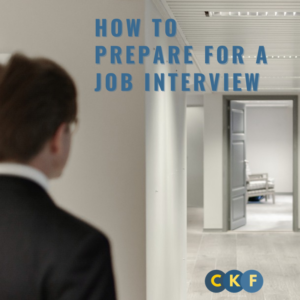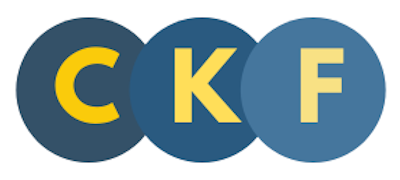 You get called to an interview and after the initial exhilaration there’s the realisation that whilst you’ve made it through the initial selection process there is a still bigger mountain climb and like mountain climbing, without proper preparation, your chances of succeeding are slim (though it’s highly unlikely you’ll suffer frostbite or altitude sickness). So how do you prepare?
You get called to an interview and after the initial exhilaration there’s the realisation that whilst you’ve made it through the initial selection process there is a still bigger mountain climb and like mountain climbing, without proper preparation, your chances of succeeding are slim (though it’s highly unlikely you’ll suffer frostbite or altitude sickness). So how do you prepare?
Research in advance for your job interview
We can’t stress this enough. You must be absolutely sure of who it is you are hoping to work for. First stop should be the company website; look at their products and services, latest news, blogs etc. Is there anything interesting that’s happening at the company that relates to the position you’re applying for? Also try and familiarise yourself with who the company is – i.e. their corporate identity – where did they start from, what is their mission statement, who works there etc. You will almost certainly be asked questions about the business such as ‘Why do you want to work for us?’ If you can’t answer a simple question like that, then no amount of qualifications or enthusiasm will win you that job.
You also need to know the industry you are planning to work in. If this is your first job you may not have accrued any experience but by researching the industry well you will appear motivated and informed. Check out industry bodies, publications and insider’s blogs they are all rich sources of information. If you are already working within the industry then it doesn’t hurt to use your contacts to find out more about the company you are applying to work for. Also, make sure that you are fully up to speed with the latest news in your industry as there will be a greater expectation that you will know all the latest developments.
Know the job!
It sounds obvious, but if you’re not fully sure of what it is you will be doing in the job, the interviewer will quickly pick up on this. Sit down with your CV and the job/person specification and identify the experiences you have that demonstrate the skills and knowledge needed to do the job, this will make it clear to the interviewer why he/she should hire you. It will also help to crystallise in your own mind who you are, what you have done, where you hope to go. These are all of interest to a potential employer and will help you answer the common question – “Tell us about yourself”. Make it a succinct and professional answer to this question – don’t stray into sticky territory like politics, religion or relationships – just try and bring out your experience in a way that communicates something about who you are. TIP: It may help write this down and then practice reading your statement out loud.
Think about the tricky questions and prepare your answers
There are a range of questions that interviewers like to ask and pre-empting these questions puts you in an incredibly strong position – check out our Interview Book with over 150 interview questions and how to respond to the tough questions. You will almost certainly be asked about your weaknesses. Whatever you do, do not avoid the trap of trying to make your answer to this question into an inflated positive about yourself: “My only weakness is that I’m too successful and goal-oriented”. Employers are human and realistic enough to know that everyone has something about their professional life that they could improve on. Identify a small weakness that is not going to be a major obstacle to employment such as: “I could be a little better at my time management”. We suggest you practice your answers allowed preferably with someone else as this will get you into the interview mindset and may help you feel more comfortable during the interview itself.
Planning for the day of your job interview.
Several days before the interview think about the following and have it all organised in preparation:
- What you are going to wear: (Suits and business wear is the best option and always polish your shoes).
- Know your journey: Have a map, the address and contact details should something unexpected happen.
- Your application letter, CV, examples of work and examination certificates (if appropriate), plus the job description and your own notes, a pen and a notebook.
- If possible put all this information in a portfolio case or wallet as it looks professional and organised.
The night before we advise you to get to bed early as we all perform better on a good night’s sleep. On the day, take time to practice the answers to your anticipated questions and reread your CV and job description. Give yourself plenty of time to travel and make sure you are early as this will give you time to refocus after your journey. Don’t be late!
We hope this information is useful but if you want more advice then get in touch.
